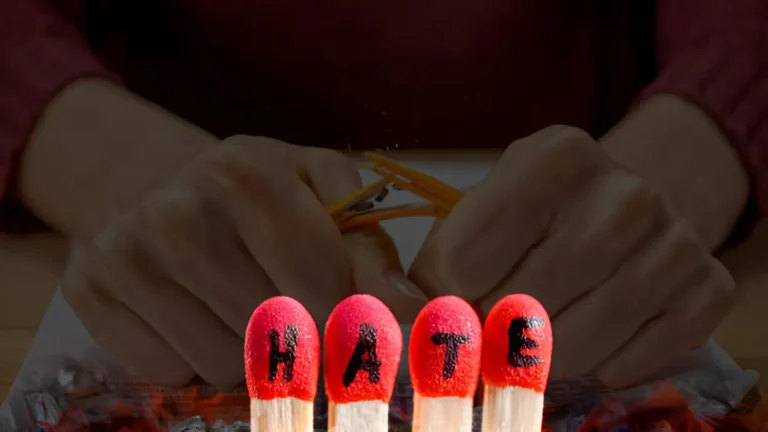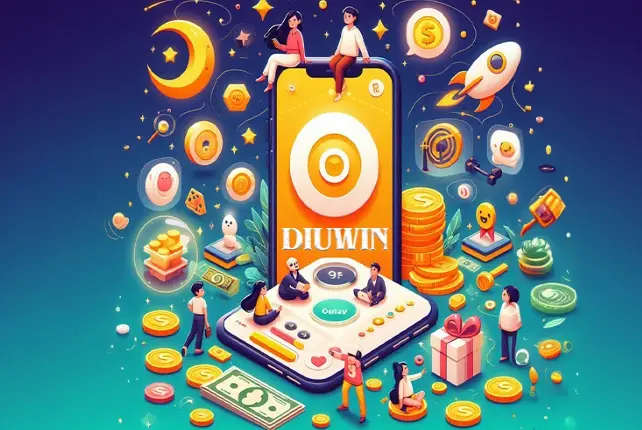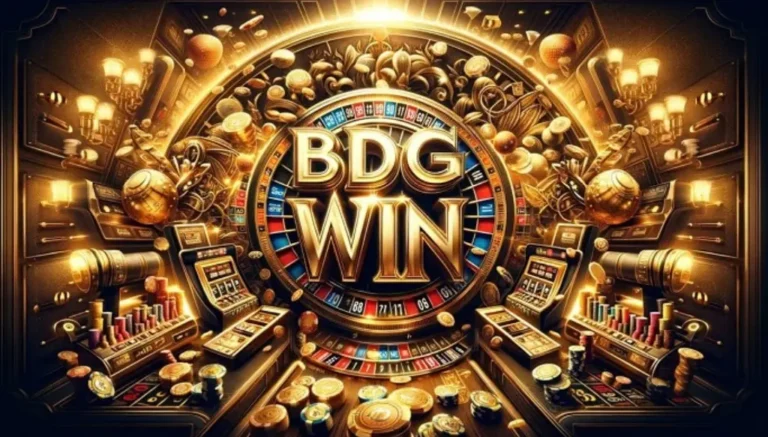Festivals and Play: The Heartbeat of Goan Games
Goa, the jewel of India’s west coast, is often celebrated for its scenic beaches, colonial architecture, and vibrant nightlife. However, at the core of Goan culture lies a deep-rooted tradition that connects communities across generations: the intertwining of festivals and play. In Goa, festivals are much more than religious observances or cultural showcases — they are lively arenas where games and sports come alive, weaving together tradition, social bonding, and joyous celebration.
This article explores how festivals in Goa Games serve as vital platforms for traditional games and community play, making them the heartbeat of Goan games and culture.
The Cultural Significance of Festivals in Goa
Goa’s festivals are renowned for their color, music, dance, and communal spirit. They celebrate everything from religious devotion to seasonal changes, harvests, and local folklore. Importantly, these festivals offer opportunities for communal participation, bringing together people from diverse backgrounds to celebrate shared heritage.
Games and sports have historically been integral to these gatherings, providing not only entertainment but also social cohesion, cultural transmission, and the celebration of physical prowess.
Traditional Games as Festival Highlights
Kabaddi: A Festival Sport of Strength and Strategy
Kabaddi is one of the most popular traditional games played during Goan festivals. Its fast-paced, contact nature makes it thrilling to watch and play. During village fairs or temple festivals, kabaddi matches are a major attraction, drawing large crowds.
The game emphasizes teamwork, endurance, and quick thinking, qualities that resonate with Goan values of cooperation and resilience. Kabaddi at festivals is often accompanied by local music and dance, creating an immersive cultural experience that extends beyond the game itself.
Vagadar (Traditional Wrestling): Ritual and Rivalry
Wrestling, known as Vagadar in Goa, is often held in conjunction with temple festivities and religious ceremonies. Matches are not just athletic contests but also ritual events, symbolizing strength, honor, and community pride.
The sport’s ancient roots make it a living link to Goa’s past, and festivals provide the perfect occasion for its continued celebration. Spectators cheer passionately, and victories bring honor not only to the wrestlers but to their villages or communities.
Boat Races: The Monsoon Festival Extravaganza
Goa’s geography, with its network of rivers and proximity to the Arabian Sea, naturally lends itself to water-based games. The Sao Joao festival, celebrated with great enthusiasm during the monsoon, is synonymous with exhilarating boat races.
Teams row decorated boats in rhythmic unison, competing for glory amid cheers and traditional music. This spectacle honors Goa’s maritime heritage and the vital role of water in sustaining local livelihoods. The races are a joyful reminder of nature’s bounty and human skill working together.
Festivals as Cultural and Social Equalizers
Goa’s festivals and the games played within them transcend social, religious, and economic boundaries. People from various communities — Hindus, Christians, Muslims, and others — come together to participate, watch, and celebrate.
This inclusivity strengthens social bonds, fostering a sense of unity and shared identity. For many, festivals are the only time when inter-community interactions happen at such scale, making games a common language of friendship and mutual respect.
The Role of Youth and Intergenerational Engagement
Festivals play a critical role in passing traditional games from older generations to younger ones. Children and youth actively participate in the games, learning skills, rules, and cultural stories associated with each sport.
Elders often serve as coaches, referees, or storytellers, blending instruction with cultural education. This intergenerational exchange ensures that traditional games remain vibrant and relevant despite rapid social changes.
The Impact of Modernization and Tourism
While festivals remain central to Goan play culture, modernization and tourism have influenced how games are played and perceived.
- Urbanization: Increasing urban development limits open spaces for informal play and traditional games.
- Digital Shift: Younger generations are drawn toward digital entertainment, reducing participation in physical games.
- Tourism: Festivals now attract tourists worldwide, adding new audiences and commercial aspects. This has led to greater visibility for traditional games but also pressures to adapt or commercialize.
Despite these challenges, many communities and cultural organizations strive to preserve authentic festival play traditions while adapting to contemporary contexts.
Revival and Promotion Initiatives
Recognizing the cultural and social importance of festival games, various efforts are underway to sustain and promote them:
- School Programs: Introducing traditional games during festivals in schools encourages children to engage with their heritage.
- Community Festivals: Local bodies organize tournaments and demonstrations during festivals to raise awareness.
- Cultural Tourism: Promoting festival games as part of cultural tourism helps showcase Goan heritage to a global audience.
- Digital Documentation: Using social media and video platforms to document and share festival games ensures wider reach and preservation.
These initiatives help ensure that festival-based games continue to thrive as living traditions.
Why Festivals and Play Matter for Goa’s Future
The fusion of festivals and play is not merely a nostalgic cultural artifact but a dynamic force shaping Goa’s social fabric. It fosters community resilience, promotes health and well-being, and strengthens cultural identity in an increasingly globalized world.
By nurturing festival games, Goa invests in a future where tradition and modernity coexist harmoniously, and where every generation can experience the joy of play rooted in a shared cultural heartbeat.
Conclusion: The Living Pulse of Goan Culture
In Goa, festivals are much more than celebrations; they are vibrant stages where the timeless joy of play connects past and present, individuals and communities. The games played during these festivals are living expressions of Goan culture — full of spirit, energy, and meaning.
As Goa continues to grow and change, preserving the integral relationship between festivals and games will be essential to maintaining its unique cultural identity. Through play, Goans honor their heritage, celebrate their community, and pass on a legacy of joy and togetherness to the future.
Read more: More Than Marbles: The Cultural Legacy of the Daman Game – Names Spark
Tired of Breakouts? These Are the Best Acne Products for Relief – Names Spark






